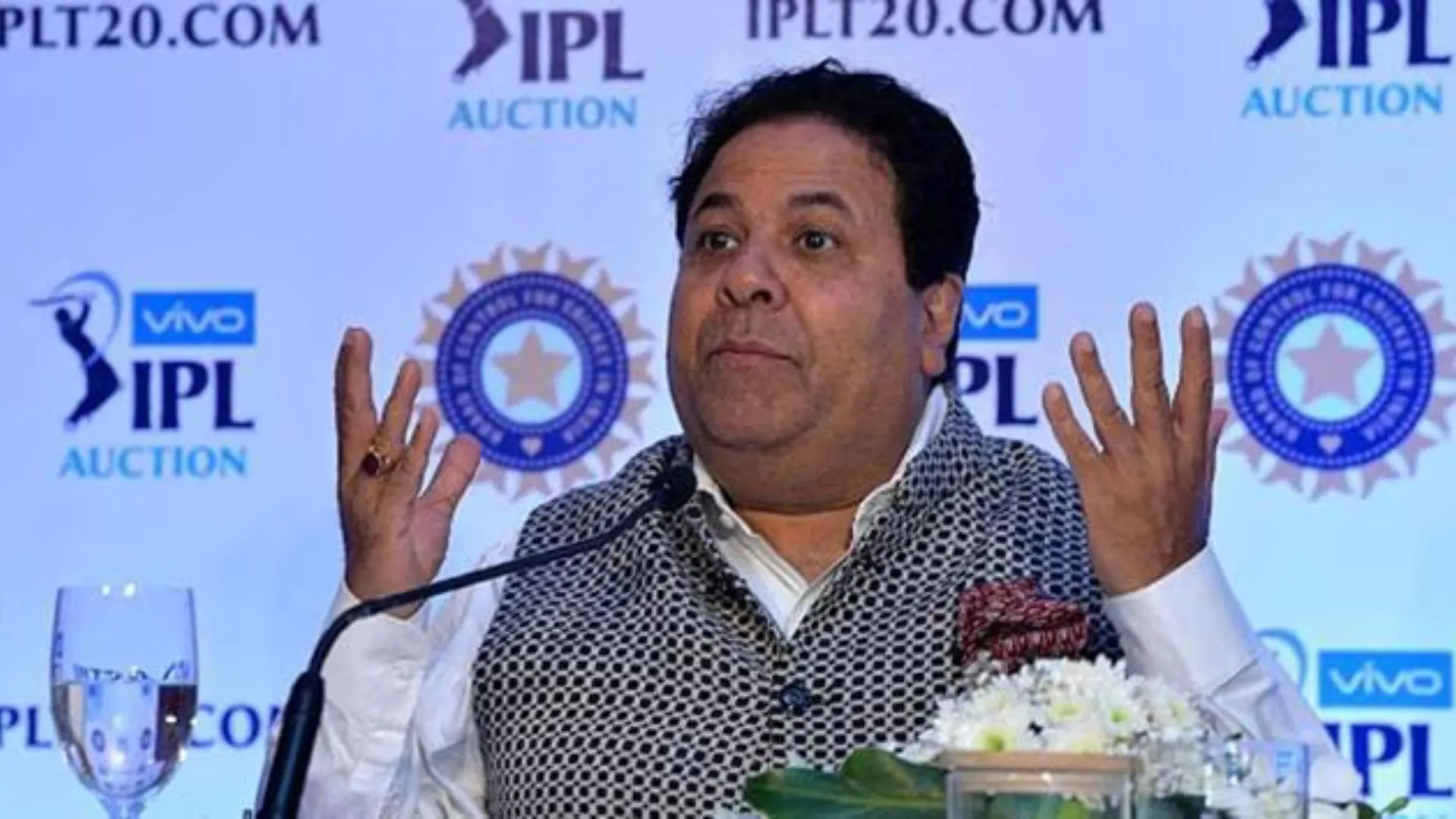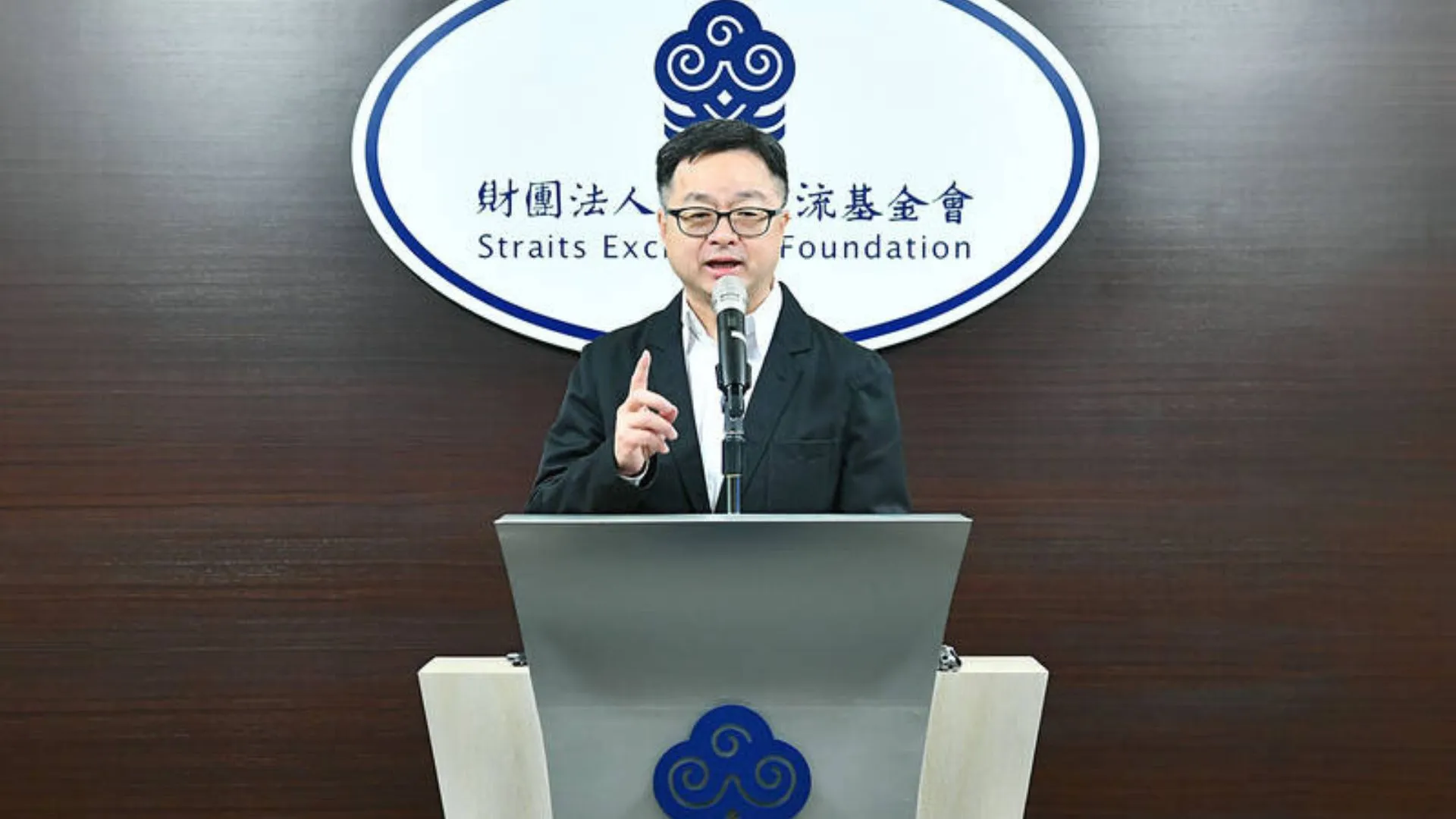The Madras High Court in the case The High court of Judicature at Madras v. Thirumalai and others observed that the administrative side cannot seek a review of its own judgments on the judicial side as the same would amount to undermining the judicial fibre, the court also dismissed the review application filed by the High Court of Madras on its administrative side.
The bench headed by Justice PT Asha in the case observed and it has been noted by the court that while an administrative order of the High Court can be subject to the scrutiny, the vice versa was not being true.
The present plea filed seek leave to review which does not come within the parameters supra which cannot be entertained as it would amount to undermining the Judicial fibre whose touchstone is its fierce independence and to discharge the duty without any kind of fear or favour.
In the present case, the court has also faced with this “strange conundrum” when the High Court on its administrative side had seek review in an order passed on May 5 by the bench headed by Justice Asha where the court in the matter was dealing with the benefit of exemption from payment of court fee. The court also noted that grant of exemption being the discretion of the Presiding Officer, wherein certain guidelines has been laid down by the court for granting the exemption. Thus, the court challenged the said guidelines by the administrative side even though if it not being a party to those proceedings.
In the said case, it has also been observed by the court that the administrative side had failed to state how it was aggrieved by the guidelines that were issued.
The court while considering the facts and circumstances of the case stated that as per Article 215 of the Constitution of India, the right to correct judgment accrued only when there being an apparent error and even that right was only being conferred on the High Court in its judicial side. It has also been noted by the court that as per the binding precedents, the order which is being passed by the Judicial side were binding on the administrative side which the administrative side could not ignore of the said orders passed by the court.

















